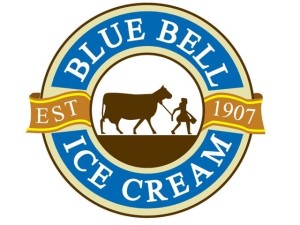According to an editorial in The Wichita Eagle, when a food manufacturer learns from health officials that its product is tainted with a pathogen, and confirms the contamination itself, surely it should halt production until the problem is fixed and recall the affected products right away.
 Yet a Houston Chronicle investigative report on the listeria outbreak linked to Blue Bell ice cream earlier this year indicated the company took its time to do both.
Yet a Houston Chronicle investigative report on the listeria outbreak linked to Blue Bell ice cream earlier this year indicated the company took its time to do both.
That’s troubling news especially in Wichita, as five patients at Via Christi Hospital St. Francis for unrelated conditions became ill from eating Blue Bell ice cream and three died, The Eagle reported in March. The U.S. Food and Drug Administration and Centers for Disease Control and Prevention said the three deaths among 10 infected patients in four states were those in Kansas.
Focusing on a machine nicknamed “Gram” that ran nearly around the clock at the plant in Brenham, Texas, the Chronicle reported: “On Feb. 13, health officials alerted Blue Bell that they had discovered the pathogen in random samples. On Feb. 19 and 21, Blue Bell’s own tests discovered (Listeria) monocytogenes in drains connected to the freezer on the Gram line. But the company did not change its practices, which had thus far failed to eliminate the bacteria, FDA records show. On March 9, Blue Bell learned of a potential link between Kansas hospital illnesses and individually packaged ice cream, produced on Gram. On March 10, it stopped using the machine. Three days later, it issued the first in a line of recalls: everything made on Gram.”
If Blue Bell Creameries is the worst-case scenario, the majority of food manufacturers operate safely, of course, recognizing that food safety isn’t just crucial for public health but essential to stay in business.
